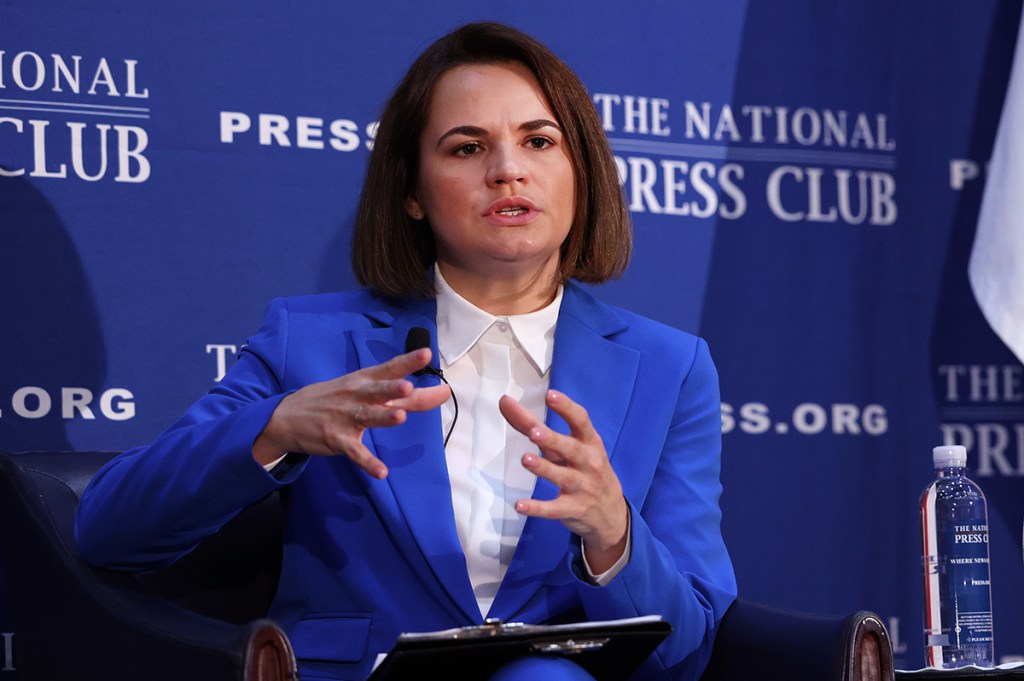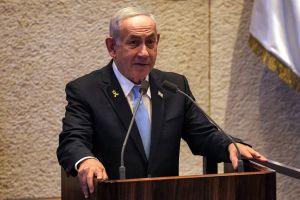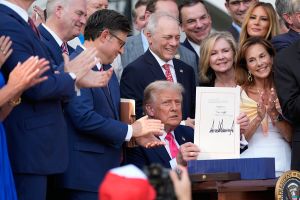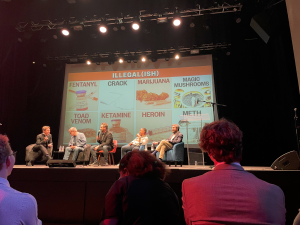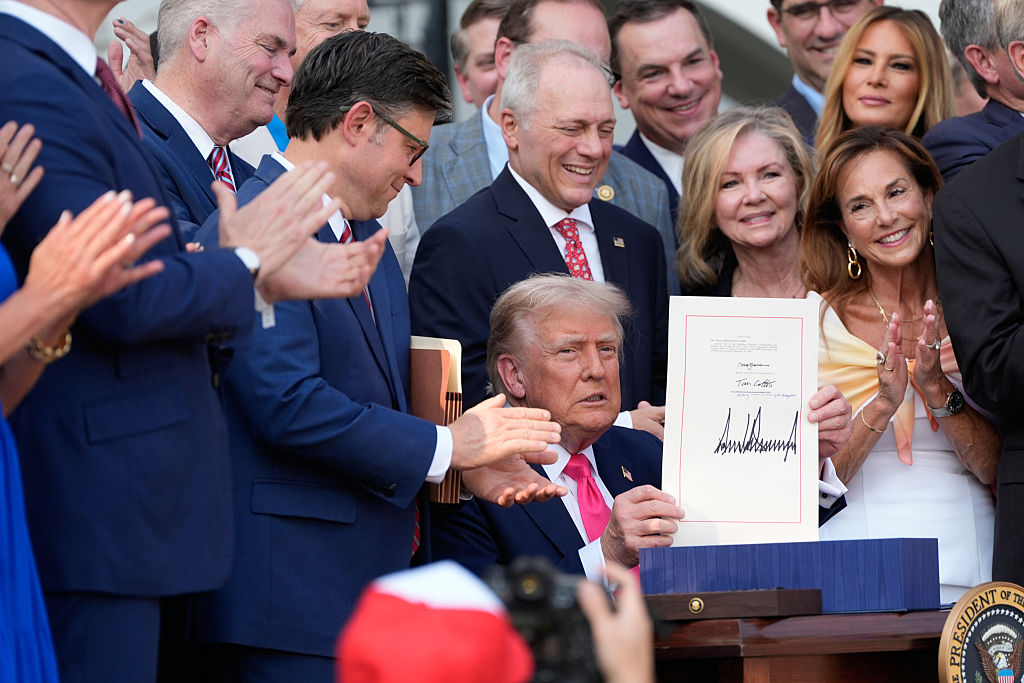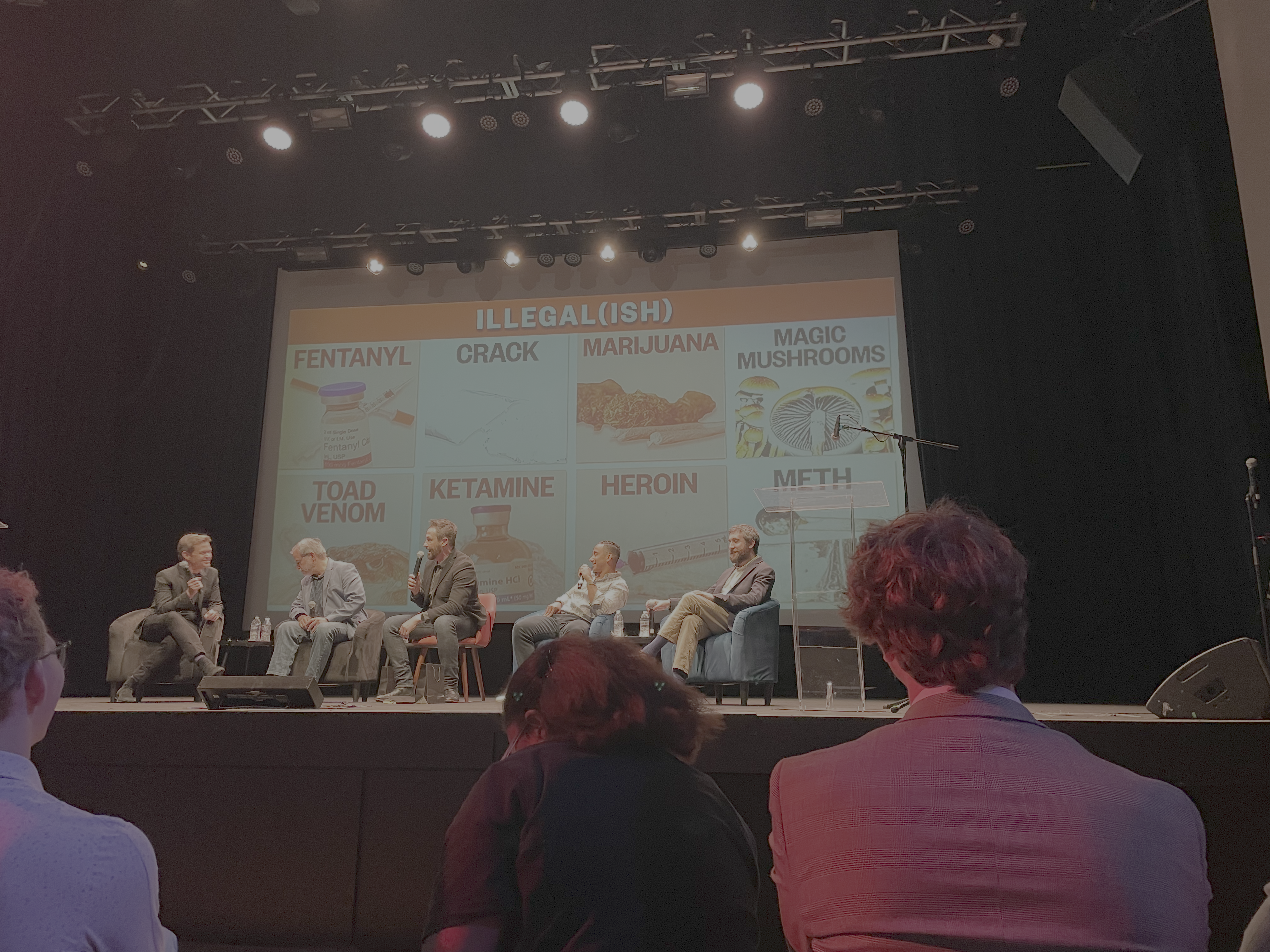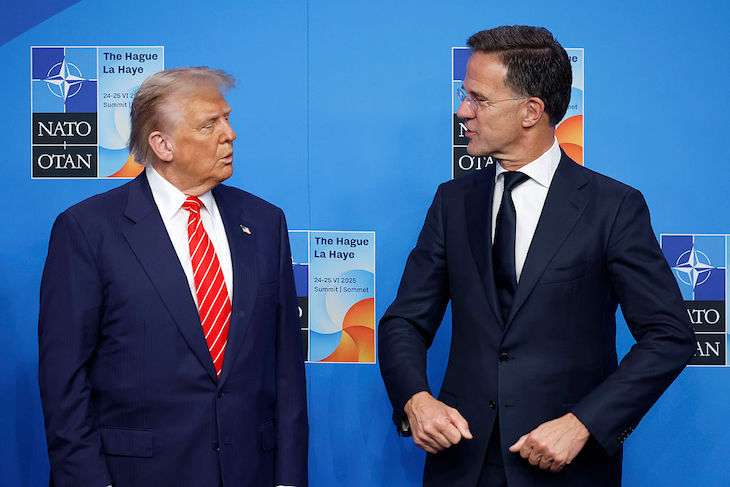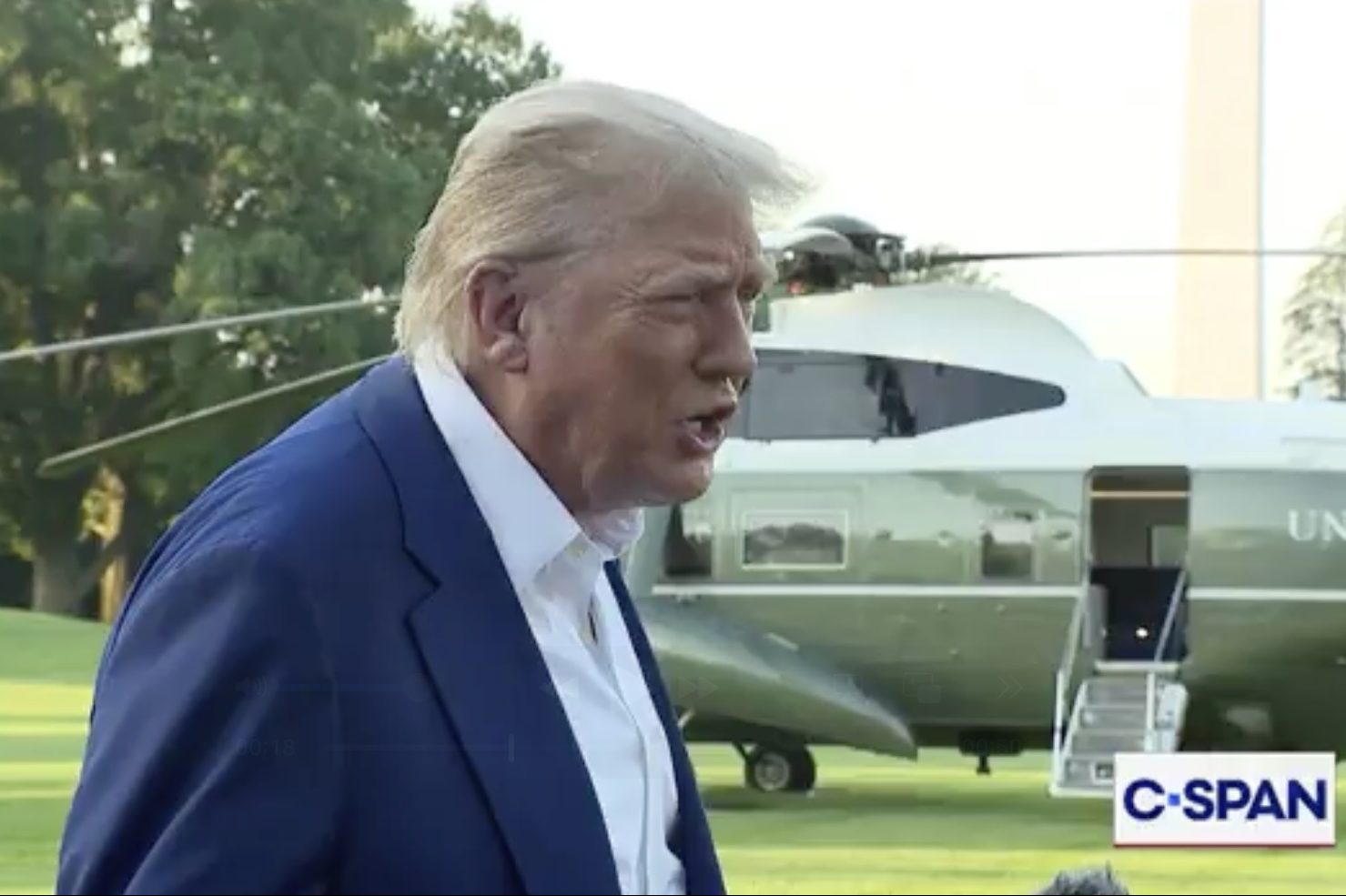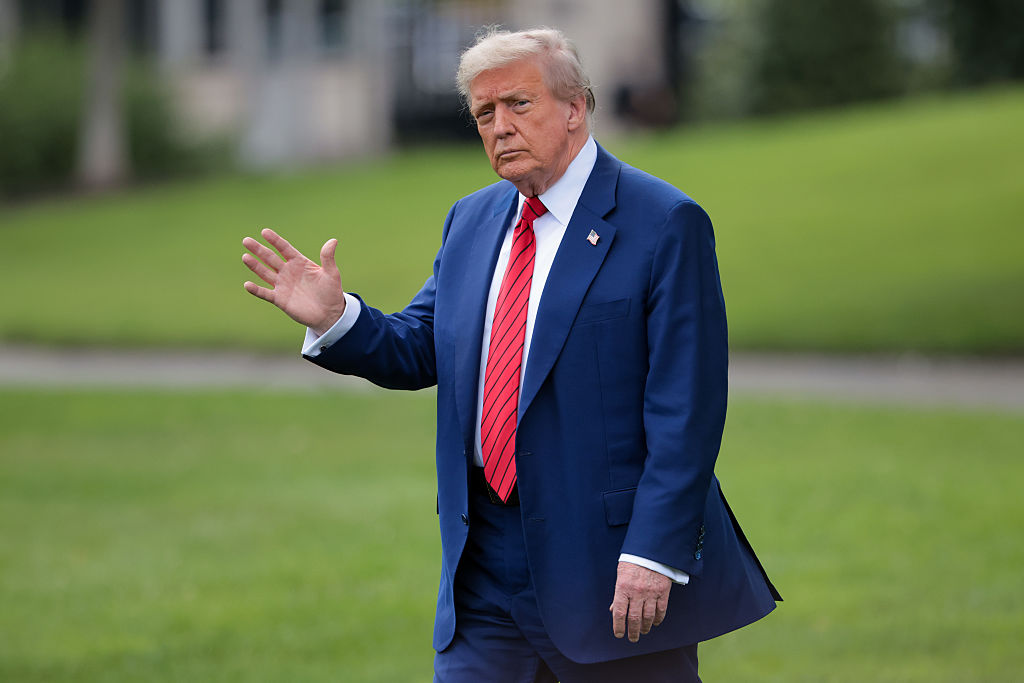A few years ago, in my capacity as editor of the National Interest, I sent out a sonorous query to a variety of contributors asking them to comment for a forum on the direction of American foreign policy now that the Cold War was over. I promptly received a tart reply from Ferdinand Mount: ‘Almost every word of the National Interest’s question could itself be questioned: has the Cold War ever definitively ended? Vladimir Putin doesn’t seem to think so.’
How right he was! His words came back to me last night with particular force when I attended an event on behalf of Belarusian democratic opposition leader Svetlana Tikhanovskaya last night, co-sponsored by the Lithuanian embassy and the Atlantic Council. There was a phalanx of congressmen, Republican and Democratic, thundering away about the necessity for America to stand up against dictatorial forces around the globe, particularly the Belarusian dictator Alexander Lukashenko who is in the midst of a fresh crackdown on journalists and independent media. Belarus appears to be the one issue that can unite House Democrats and Republicans who are forming a Congressional Friends of Belarus Caucus.
It’s not hard to see why Tikhanovskaya is garnering support on Capitol Hill. Tikhanovskaya is an impressive figure who is careful to note that she isn’t looking for confrontation with Russia, but simply for free elections in Belarus and the ouster of Lukashenko. She doesn’t indulge in grandiose declarations. Instead, she comes across as acute, poised and sophisticated.
Rep. Marcy Kaptur noted that she and her colleagues are pushing for $30 million in aid, $15 million more than Biden has requested, to assist Tikhanovskaya and the formation of a civil society in Belarus. Rep. Joe Wilson said it was essential to demonstrate ‘great solidarity’ with Belarus. Rep. Chris Smith declared, ‘our resolve must be unequivocal for Belarusian freedom and democracy’. He admonished, ‘There can’t be any democracy fatigue by the US or Europe.’
Is there? The Biden administration has been sotto voce when it comes to promoting democracy abroad. Its velleities appear to be more neocon than realist. Tikhanovskaya met with secretary of state Antony Blinken, but Biden himself has declined to meet with her. Tikhanovskaya will soon head for the West Coast during her American visit — something that has not gone overlooked in Moscow, where she is portrayed as a Belarusian version of Juan Guaidó.
In Washington, democracy promoters, out in full force for last night’s event, suspect that Biden himself is more eager to cultivate good ties with the Kremlin, as part of his aim to focus on countering China, than on standing up to Russian president Vladimir Putin — at least on an issue like Belarus. Indeed, they had to swallow a bitter pill yesterday — the Biden administration announced that it had reached an accommodation with Germany over Nord Stream II, the controversial gas pipeline running from Russia to Germany that bypasses Ukraine. Biden, not a few Russia hawks ruefully declare, has turned out to be much more concessive to Putin than the Trump administration.
In a new essay, the scholar Michael Kimmage expresses a measure of skepticism about the push on behalf of Belarus. He observes, ‘The loftier and more immediate the policy goals are regarding Belarus, the more they are likely to mislead its opposition movement into presuming a degree of support and commitment that American and European states will be unwilling to deliver.’ The fervor to liberate Belarus, he concludes, should be leavened with the recognition that the ‘ultimate power of the West in Belarus — as formidable as it is subtle and gradual — happens to be the power of its example.’
Still, the sheer pull of the democracy lobby in Washington should not be underestimated. When I asked Tikhanovskaya what had surprised her most on her trip, she replied that it was the overwhelming support she is receiving. The Washington Post editorial page in the last few days has devoted no fewer than two editorials to exhorting the Biden administration to treat as the symbol of opposition to the forces of darkness abroad. The Atlantic Council hosted several events with her, including one that led to a lengthy profile on PBS. But perhaps the most eloquent testimony to Tikhanovskaya’s status as Washington’s It Girl came from an unexpected source. Towards the end of the evening I found myself confabulating with a Czech diplomat and remarked at the potency of the legion of Washington democracy champions that had lined up behind Tikhanovskaya. The diplomat started bobbing his head in disbelief. ‘All those congressmen,’ he exclaimed. ‘It’s amazing. Usually, it’s a nightmare, but they all showed up on time! That never happens for us.’



